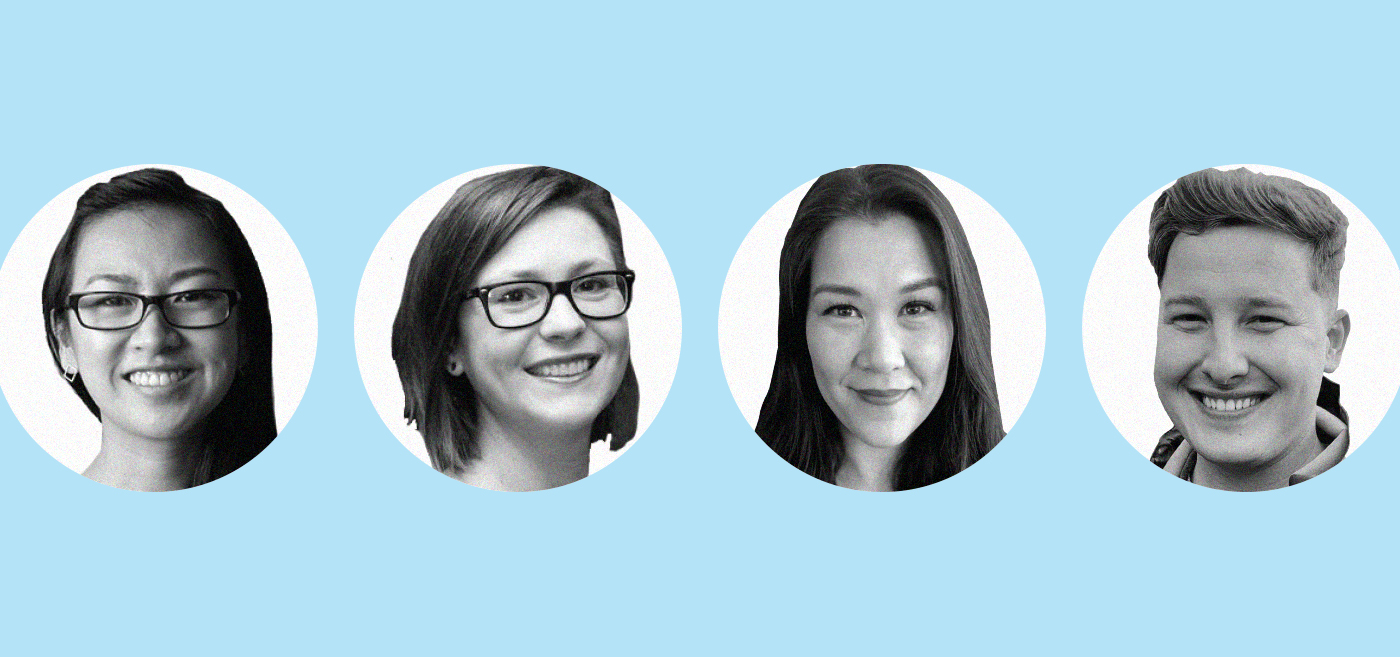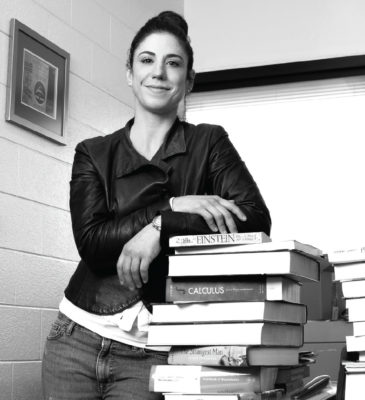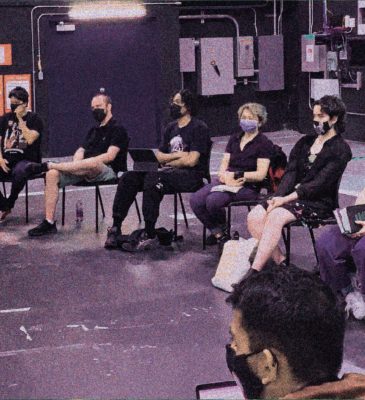York’s diverse population of students are making a difference in the world through their research, innovation and knowledge mobilization.
By Anesa Albert

Meet four graduate students who are creating positive change for their communities.
Vincci Li, PhD candidate, social and political thought
Li was named one of the five best “storytellers” of 2022 in a national competition held by the Social Sciences & Humanities Research Council of Canada (SSHRC). The Storytellers project challenges scholars to exhibit how social sciences and humanities research helps create positive change locally and globally. Li’s submission was entitled “Crowdfunding for Our Lives,” an innovative study exploring the experience of Canadians who have raised or given money through crowdfunding platforms like GoFundMe or FundRazr for personal health-related expenses. Li’s goal was to understand public opinions about the ideal balance of public versus private provisioning. Her research raises important questions about the roles of government, the philanthropic sector and individuals in providing for Canadians under neo-liberalism. The issues which this project addresses are vital to investigate, especially in light of the COVID-19 pandemic, in an effort to explore how Canadians care for, and ought to care for, one another in times of need.
Michaela Pnacekova, PhD candidate, cinema and media studies
Pnacekova’s focus lies in usage of algorithms and AI in creating new non-fictional narratives as ways to increase algorithmic and data literacy. With researchers still wrangling over whether people can produce or perceive emotional expressions with fidelity, many in the field think efforts to apply emotional AI are premature.
The underlying processes of emotional AI – machine learning and computer vision – function as apparatuses through which human and non-human agents are produced: perceived, interpreted and constructed. Pnacekova’s research-creation project introduces the connection between affect theory, new materialism and AI.
She proposes a methodology to co-create AI art critically and with agency through an embodied experience in expanded reality. More concretely, her focus is on the apparatus of emotional AI as an artistic tool. She interrogates a new understanding of the ways discursive practices are related to the material world through the lens of quantum physics. The project thus represents an attempt to de-rationalize and queer the patriarchal, heteronormative and colonial structures in technology and academia via delving into sentience and affect through an immersive, emotional and embodied co-creative experience.
Natalie Richer, PhD candidate, socio-legal studies
Richer explores the potential to decolonize sites of institutional power, including museums and universities, by challenging imperialist histories of curatorial and exhibition knowledge and of knowledge production more generally. Through a collaborative undertaking with a Canadian Indigenous visual artist, Richer is curating a digital exhibition of visual representations that makes way for the transgressing of dominant conceptualizations of human subjectivity.
Nonetheless, opposed to focusing on the actual creative “output,” her key interest regards the collaborative process in-and-of-itself. She is documenting this experience via autoethnography and storytelling, highlighting it as the substantive entry point into an interdisciplinary disruption of knowledge’s colonial ordering.
Joshua Shaw, PhD candidate, law
Shaw is a legal theorist (otherwise known as a “jurisprudent”) who researches laws in contemporary and historical Canada, and historical England and Australia. His research pertains to the use and disposal of dead human bodies and body parts, and the legal theories that make sense of such laws. His PhD dissertation looks specifically at laws that result in bodies and body parts becoming disposable as waste, in the sense of having a disposal other than burial (or cremation) upon death or becoming property. His theoretical writings draw on qualitative social research and archival methods.
The Faculty of Graduate Studies at York is proud of the groundbreaking research conducted by members of our graduate community and is dedicated to empowering scholars for long-term success!
Learn more at Knowledge Now, York’s graduate research showcase: yorku.ca/gradstudies/knowledge-now/
Read more

The Biophysics of age-related visual brain diseases
Innovative technique will bring to light new treatments and diagnostics for vision-related diseases

Research for a better future
Creating positive change in areas related to decolonization; the integration of AI in healthcare; mitigating racism in classrooms; sustainable arts; and inclusive health care

Full Circle: Alum partners with Cinespace studios and creates student opportunities
Partnership will let students experience behind-the-scenes of a billion-dollar film industry

